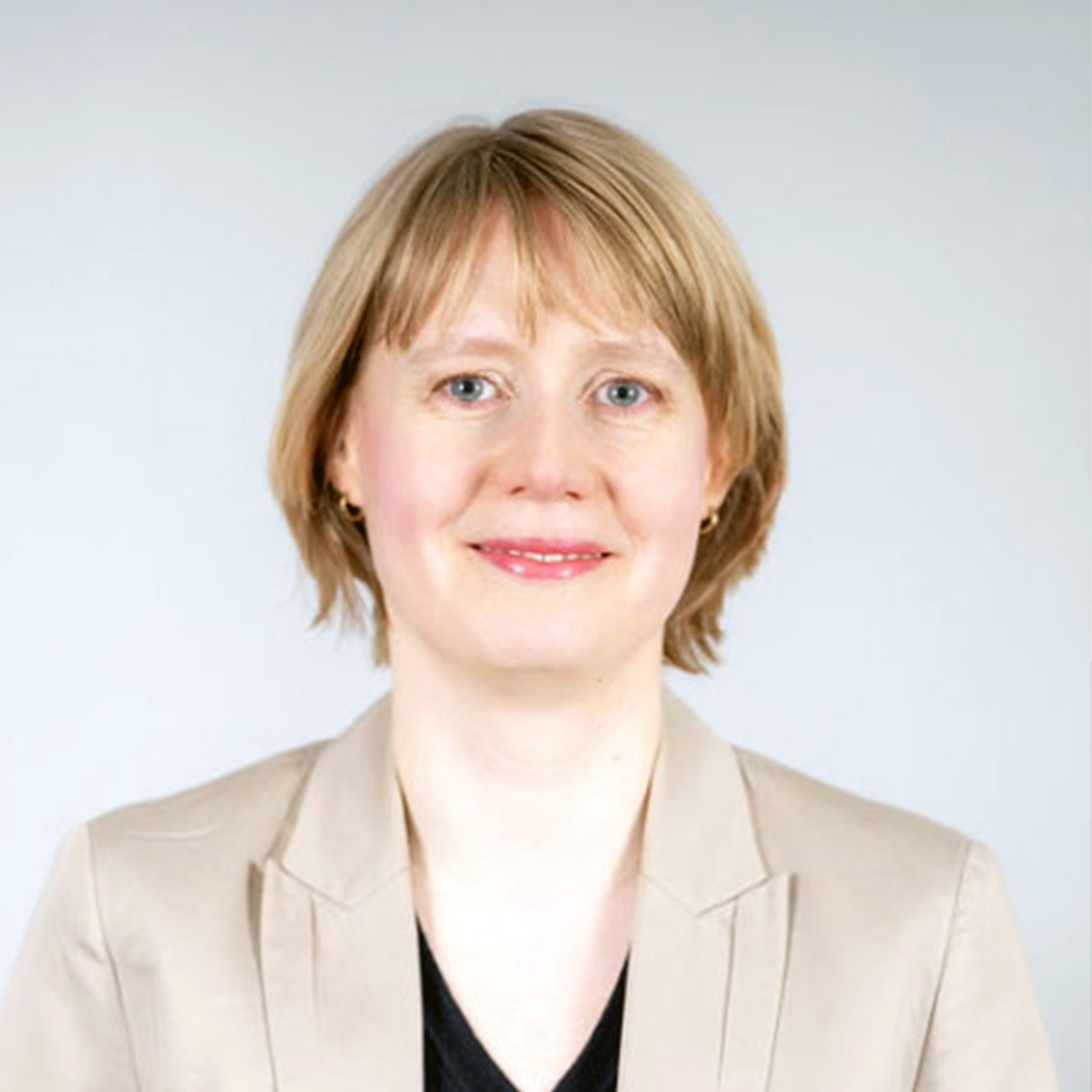#Berlin #Energy
12/23
Transforming the Heating Sector in Berlin With Renewable Energies
Published in:
DIW Weekly Report 49/2023, p.685-693
Philipp Herpich, Franziska Holz, Konstantin Löffler
German Institute for Economic Research (DIW),
Technische Universität Berlin
This study investigates the avenues Berlin can pursue to establish a low-emission heat supply. Using open source models for energy and gas systems, the authors created various potential scenarios for revolutionizing the heat supply in Berlin in the coming decades. The aspects considered were electricity, heat, buildings, industry, and transport. Various relevant political strategies and framework conditions were also factored in.
The researchers predict that Berlin’s heating supply can be converted from natural gas to renewable sources in the next 15 years. Heat pumps are efficient technologies for both decentralized and district heating, as they use heat generated naturally in the environment. Municipal heat supply concepts must systematically record potential sources of renewable electricity and heat pumps in Berlin and harness them to a great extent. The electricity distribution grid must also be rapidly expanded so that sufficient electricity from renewable energies can feed into the heat pumps used.
The study was carried out as part of the “Open Heat BE” project funded by the Climate Change Center Berlin.
Picture: iStock

Due to conversion losses, heating with hydrogen is much less efficient than heating with a heat pump, which uses both heat generated naturally in the environment and electricity. In future, the scarce supply of renewable hydrogen should be used in areas where there are no viable alternatives, for example in aviation, shipping, and steel production.


